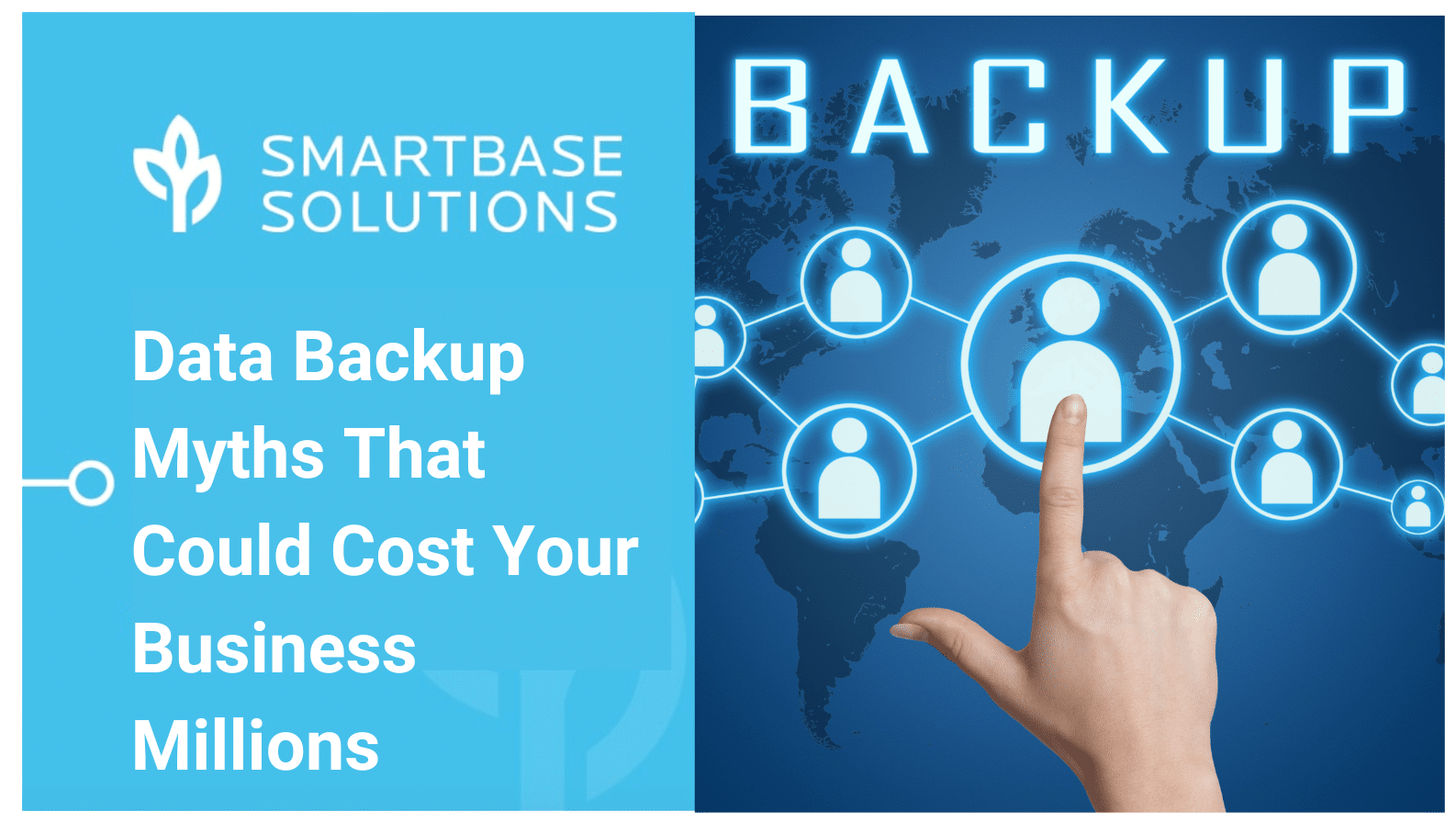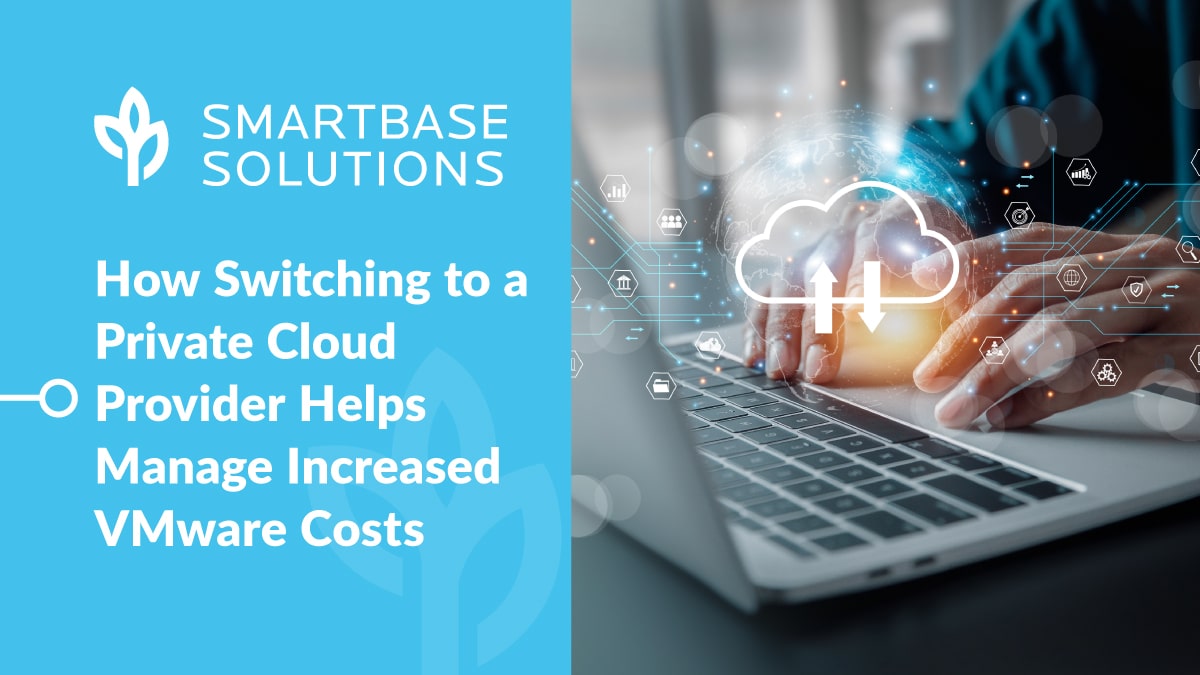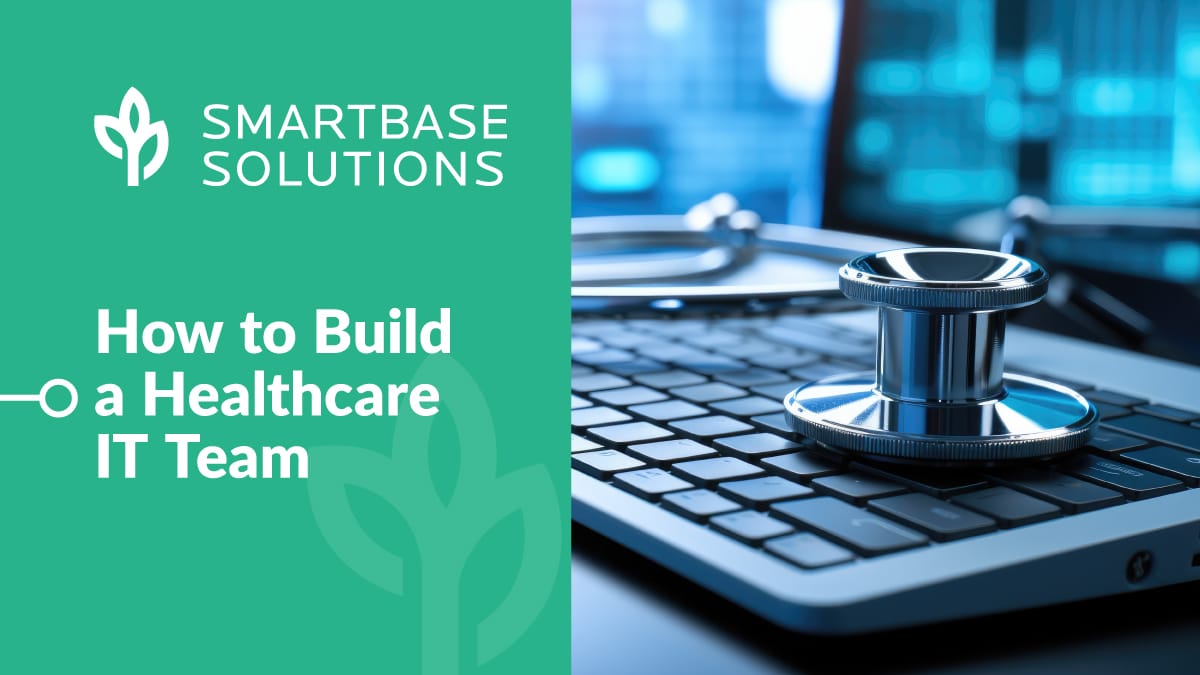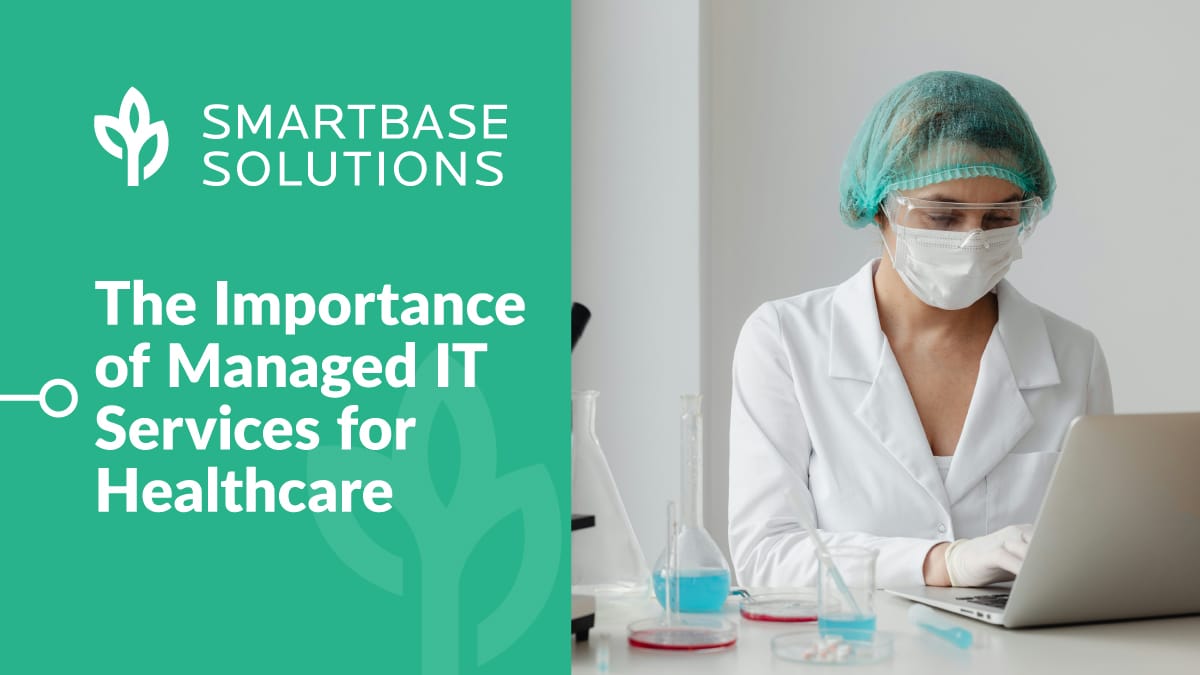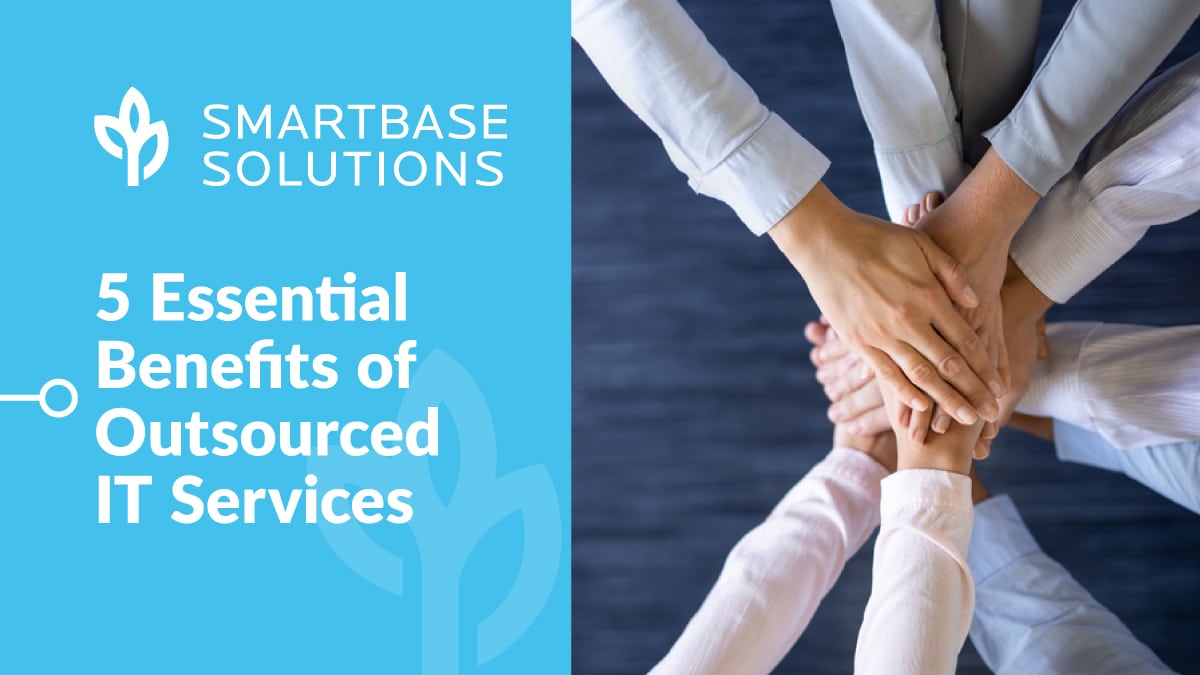Blog
5 Ways a Private Cloud Lowers IT Costs and Improves Compliance
When it comes to IT, there’s a lot on the line: your data, your reputation, and your budget. Whether you’re managing sensitive healthcare records, financial data, or other protected information,...
The Future of Secure Cloud Hosting: 7 Trends for 2025
As businesses increasingly rely on cloud infrastructure, security remains the top concern for IT leaders. With rising cyber threats, evolving compliance requirements, and advancements in cloud...
How AI and Automation Are Changing IT Security
As cyber threats grow more sophisticated and frequent, traditional security methods are struggling to keep up. Manual monitoring, slow response times, and human error leave businesses vulnerable to...
Data Backup Myths That Could Cost Your Business Millions
Data is the backbone of modern businesses, yet many organizations underestimate the risks associated with improper backup strategies. Believing false assumptions about data protection can lead to...
Celebrating 20 Years of Innovation, Security, and Trust: The SmartBase Solutions Journey
In 2005, SmartBase Solutions was founded with a clear goal: help businesses make better decisions through market research. But as the digital world evolved, so did we. Over the past two decades,...
Top 10 IT Security Risks for High-Security Industries (and How to Avoid Them)
Industries handling sensitive data—such as healthcare, finance, and government—face relentless cyber threats. From ransomware attacks to insider threats, the stakes are high, and the consequences of...
How Switching to a Private Cloud Provider Helps Manage Increased VMware Costs
For businesses feeling the pinch of rising VMware licensing fees, switching to a private cloud provider offers a viable solution to regain control over IT expenses. With VMware’s recent change from...
How to Build a Healthcare IT Team
To build an effective IT team, healthcare organization leaders must understand what the industry needs and which specific skills are required to get the job done. From there, they can seek experts...
10 Data Security Standards to Adopt For Your Hospital
Maintaining high data security standards in the healthcare industry is crucial – and often challenging. Protected health information (PHI) is highly valuable to cybercriminals, which puts medical...
The Importance of Managed IT Services for Healthcare
Managed IT services for healthcare are the ideal option for healthcare organizations that need some extra help when it comes to cyber security. Without the proper IT infrastructure, medical...
5 Essential Benefits of Outsourced IT Services
The healthcare industry is becoming increasingly reliant on technology that enhances accessibility, quality of care, and convenience for both patients and medical professionals. As such, it has...
How To Scale Your IT Operations
As a healthcare organization grows, the volume of private healthcare data increases and the need for top-tier IT operations becomes immense. However, balancing operations, regulatory compliance, and...




